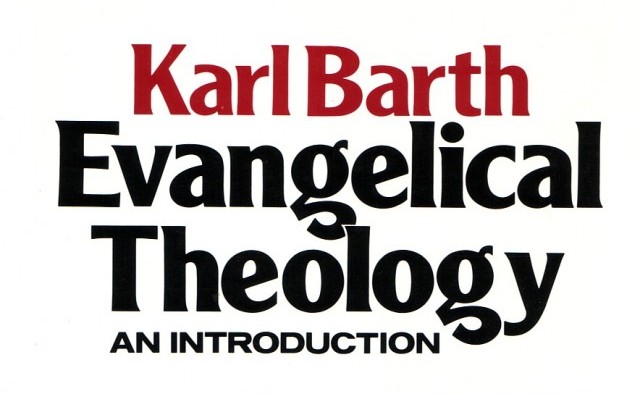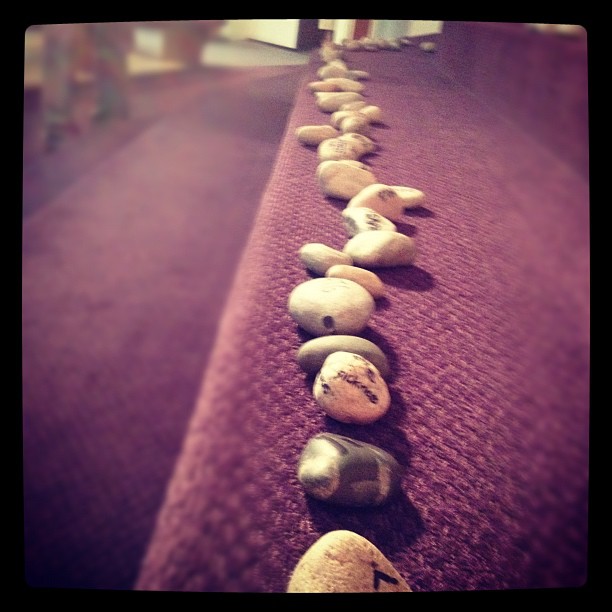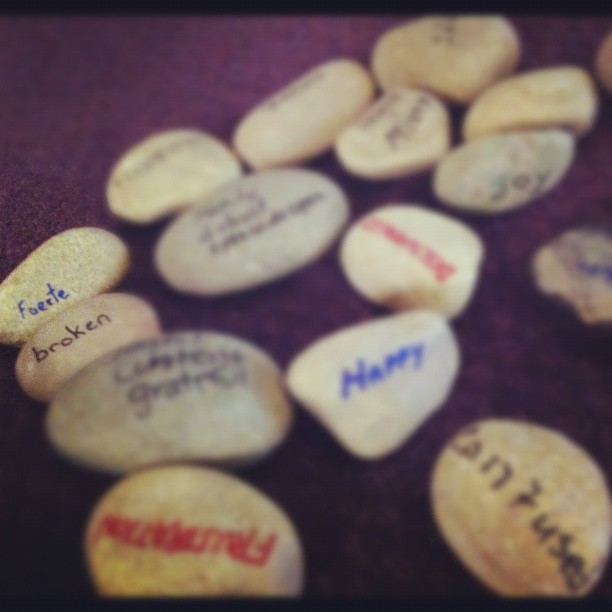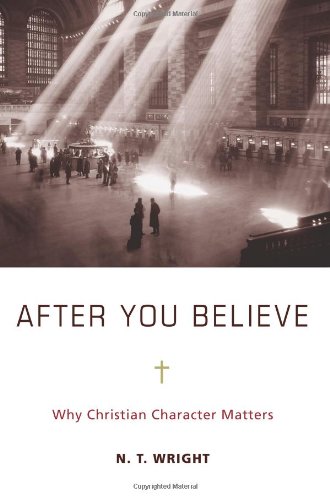
So a while back, I talked about reading through one of Barth’s more accessible books with some folks. I think a few people picked up the book, but we never really figured out a way to generate a meaningful conversation over it. In my own re-reading of it, I started feeling bad about the recommendation. “Accessible” may not be the first word that comes to mind for my friends who are reading it. So in lieu of a legitimate reading group, and in a spirit of wanting to honor the folks who actually spent some cold hard cash on the book, I’m going to blog my way through it in the the hopes that one or two of my reflections will help others to make some sense of what’s going on there. That is, of course, assuming that I’ll be able to make any sense of it myself.
In the introduction (which is oddly called, “Commentary”), Barth sets out to define what he means by the terms “Evangelical” and “Theology”. While there is some overlap between Barth’s use of the word “evangelical” and more current uses of the word to describe a conservative movement within the larger Church, Barth isn’t caught up in quite the same turf battles of recent American church history. Importing our meaning onto his meaning will be more frustrating than helpful. That said, Barth did write in response to the liberal Protestant theology of his own place and time. This is an over-simplification for sure, but liberal Protestantism of the late 19th and early 20th centuries sought to reinterpret Christianity in terms of universal human experience, thereby removing any of its particularity. Once Christian faith has been reduced to vague spirituality, then faith becomes a matter of religious feelings or “consciousness”. In as much as there are parallels between early 20th century liberal Protestantism and early 21st century (post-)evangelicalism, Barth’s critique is as relevant today as it was in his day. I’ll leave it to you (or we can take it up in the comments) to make the connections.
So when Barth wants to define theology, he is blatantly affirming that the object of study is God. “Evangelical” theology goes one or two steps further to say that God has revealed himself as not simply a divine being, but specifically a triune God, and one discovers this trinatarian God in the pages of scripture. I realize for some reading that this shouldn’t need to be spelled out in any detail. In most people’s mind Christian theology tries to makes sense of the God of the Bible, but in Barth’s day (and perhaps ours) this is not what theology had become. Theology for some is not study of God, but a study of man’s experience of God or religious feelings or intuitions. I’m not suggesting that those aren’t important subjects worthy of study, but they aren’t necessarily theology proper. One can (and many have) responded that all we are able to study is man’s experience of God. This isn’t necessarily the place to rehash a whole long history of epistemology and religious experience. Instead, I’ll simply make the somewhat naive suggestion that if we make it our goal to start with humanity and our experience of God, then we are committing ourselves to a never ending game of navel gazing. On the other hand, if we take the scriptures at their word that God has revealed himself and we set our sights on describing that self-revelation, then even while acknowledging all the limitations of human creatureliness, Barth suggests we are at least aiming at the right target. I understand that some would see any and all talk of God as the ultimate game of navel gazing, and that the whole theological enterprise is predictably circular. My sense is that any discourse on reality in general has a certain element of circularity to it, which is exactly why we need a Word from without to save us from that fate. Anyway, this line of reasoning could go on and on. Eventually, one simply has to acknowledge all the complexities and then define what one is going to attempt and then go from there. That is more or less what Barth is doing in this opening section.
There is much more that Barth can and will say about this act of God’s self-revelation. My insanely brief commentary on Barth’s “commentary” in Evangelical Theology doesn’t even begin to scratch the surface, but hopefully these thoughts can help you to begin to make sense of the context in which Barth is carrying out his theological vision.







 I don’t often rip off someone’s blog post, but I came across this and it made me think. Recently, I talked about the importance of the
I don’t often rip off someone’s blog post, but I came across this and it made me think. Recently, I talked about the importance of the 
